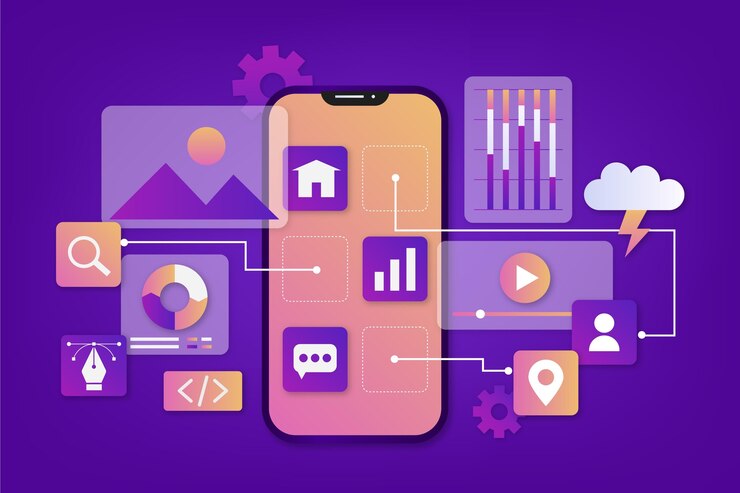Automotive
Customers place a high value on their automotive buying and service experiences, and it’s crucial to align with their expectations. At our Automotive practice, we specialize in addressing the intricate challenges and opportunities of creating a superior buying experience, enabling consumers to fully embrace and appreciate the values that drive our work.
To adapt to the changing automotive industry and economic pressures, it’s important for OEMs to develop leaner, more flexible, and efficient organizations.
This may require a complete overhaul of the current organizational model, including rethinking organizational boundaries, processes, and roles. It’s crucial for companies to ask themselves how they would set up their business today and determine which functions are necessary at the local market level versus which can be centralized to support local markets more efficiently. Adopting a zero-based approach can help businesses focus on future needs.

In today’s market, customers expect digital experiences from their cars, and as a result, Original Equipment Manufacturers (OEMs) must adapt and create software-defined vehicles. Although there are significant challenges to this transformation, the rewards include access to new profit pools.
OEMs that successfully integrate all components into a cohesive strategy will be rewarded. This includes building an end-to-end service platform that extends beyond the vehicle, owning the appropriate control points in the technology stack, and transforming into agile digital enterprises that prioritize creating distinct user experiences for the future.

It is anticipated that by 2030, half of all cars sold in Europe will be Battery Electric Vehicles (BEVs), representing an unprecedented shift in the automotive industry. However, this transition to electric vehicles also necessitates a rethinking of traditional sales and after-sales strategies by automakers and their dealers. Failure to do so could result in a significant decline in profits, ranging from 50 to 60 percent.
To prepare for an electric-driven future, it is crucial to digitalize and streamline sales processes, making them faster, more straightforward, and more effective in terms of conversion rates. Additionally, investments in new service offerings, the digitalization of workshop procedures, and the implementation of cutting-edge technological infrastructure are all essential steps in adapting to this changing landscape.

Meeting the mobility needs of customers is no longer enough for automotive industry OEMs and dealers, as vehicle buyers today demand more responsible, virtual, and connected customer experiences.
OEMs and dealers have an opportunity to go beyond being just mobility providers and instead become long-term partners for their customers. Achieving this requires a comprehensive rethinking of their ecosystem, including their relationship with dealers, as well as adopting an intelligent, data-driven approach to engage customers across all touchpoints and building operational agility
























